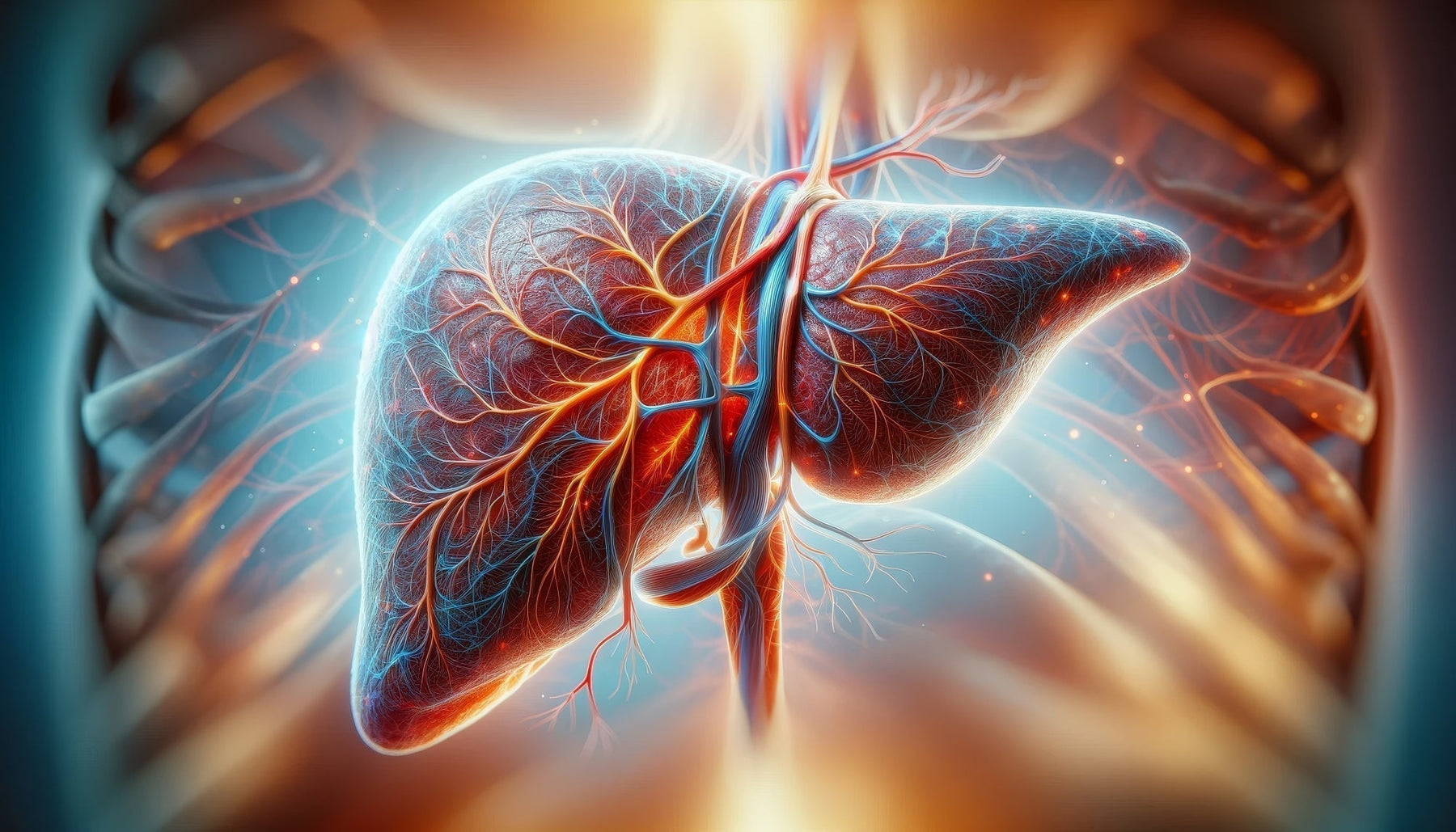
Is Coffee Good for Your Liver?
In 2016, a report from the British Liver Trust revealed that drinking coffee aids liver health. The report, Coffee consumption and the liver– the potential health benefits, was released following a review of all relevant research. It supported the findings of a previously published report by the World Health Organisation (WHO).
Why is liver disease such an important issue?
Liver disease is certainly one of the most serious health issues across the UK. The incidence of liver disease has increased by almost 500% since 1970 which is very worrying indeed.
Liver disease is now the 3rd most common cause of premature death for those who are under the age of 65. It is the 5th biggest killer overall and is the only major cause of death that is increasing every year.
The liver is essential for life and is the largest internal organ in the human body. It performs over 500 different functions. These include processing digested foods, combating infections, regulating hormones and producing the enzymes that are responsible for most chemical reactions in the body.
What diseases can impact the liver?
As the liver is a complex organ that fulfils many functions, it is susceptible to several diseases:
- Hepatitis: both viral (Hepatitis A, B, C, D, and E) and non-viral forms such as alcohol related and autoimmune hepatitis.
- Cirrhosis: the excessive development of scar tissue in the liver which can result in complete liver failure.
- Fatty liver disease: this includes a range of different conditions where there is a build-up of fat in liver cells.
- Liver cancer: may occur as both primary (cancer that starts in the liver) and secondary/metastatic.
- Autoimmune conditions: such as Primary Sclerosing Cholangitis.
- Genetic diseases: these include haemochromatosis, Wilson’s disease and Gilbert’s syndrome.
What are the benefits of coffee consumption?
The report from the British Liver Trust confirms that numerous studies have revealed that moderate coffee consumption is beneficial to liver health and in several ways:
- Coffee helps to reduce the risk of liver cancer. There is some evidence that the risk of developing liver cancer reduces as coffee consumption increases. Research continues into the compounds found in coffee as some seem to boast anti-carcinogenic properties.
- Moderate coffee consumption slows the progression of liver diseases including fibrosis, cirrhosis and hepatitis C. Paraxanthine, which is present in caffeine, has been shown to slow down the growth of the type of tissue seen in fibrosis, alcohol related cirrhosis and liver cancer.
- Coffee is beneficial to liver health regardless of how it is prepared. Filtered, espresso, instant and all forms of coffee deliver benefits.
New research supports previous findings
Following the publication of the report by the British Liver Trust, further research has been conducted into whether coffee enhances liver health. The latest research includes a study undertaken by Elliot Tapper, M.D., associate professor of internal medicine at Michigan Medicine, in conjunction with liver specialists from Harvard Medical School.
This study examined over 4,500 people and focussed on liver elasticity. The stiffer a liver is, the less healthy it tends to be. The research team adjusted their finding to take account of lifestyle factors. They found that coffee consumption was associated with improved liver health, most likely by reducing fibrosis (scar tissue).
A note of caution
There is now little doubt that coffee drinking is beneficial to liver health. But (and it is a big but), coffee isn’t a magical panacea for your liver. Coffee reduces the risks of cancer and slows the progression of other liver diseases. However, coffee drinking alone does not provide total protection from liver disease.
No matter how much coffee you drink, you should also ensure that your lifestyle is a healthy one, if you wish to protect your liver. After all, you only have one! Here’s what you should do:
1. Maintain a healthy weight
Obesity is the primary cause of the increase in non-alcohol related fatty liver diseasesince 1970. A balanced diet and regular exercise are crucial to liver health.
2. Reduce your alcohol consumption
It is important to limit your alcohol consumption to the recommended 14 units per week. The British Liver Trust suggests having two or three days each week when you don’t drink any alcohol as this will give your liver time to rejuvenate.
3. Understand the risks for viral hepatitis
Avoid contracting hepatitis A, B and C by not sharing personal items including toothbrushes, razors, nail scissors and drug related equipment. Always practise safe sex. Use only licensed practitioners if you wish to get a tattoo.
4. Limit syrups and sugars
Coffee drinking will help to protect your liver but only if your drinks are free from sugar and flavoured syrups that contain sugar. Unfortunately, research suggests that artificial sweeteners are contributing to the increase of non-alcohol related fatty liver disease.
Conclusions
How often do you discover that something you love is good for you? Coffee appears to be an exception to an incredibly disappointing rule. A few cups a day really could help to protect your liver. Those delicious drinks also deliver additional health benefits. Take a look at our previous article Three Cups a Day Could Keep the Doctor Away. The good news keeps coming!



Leave a comment